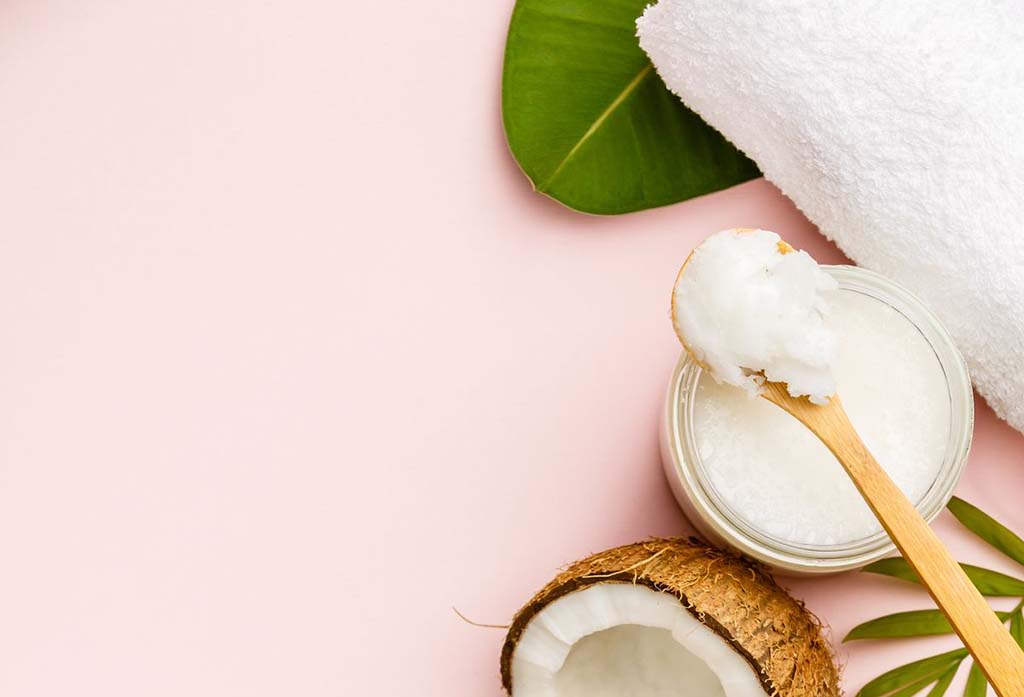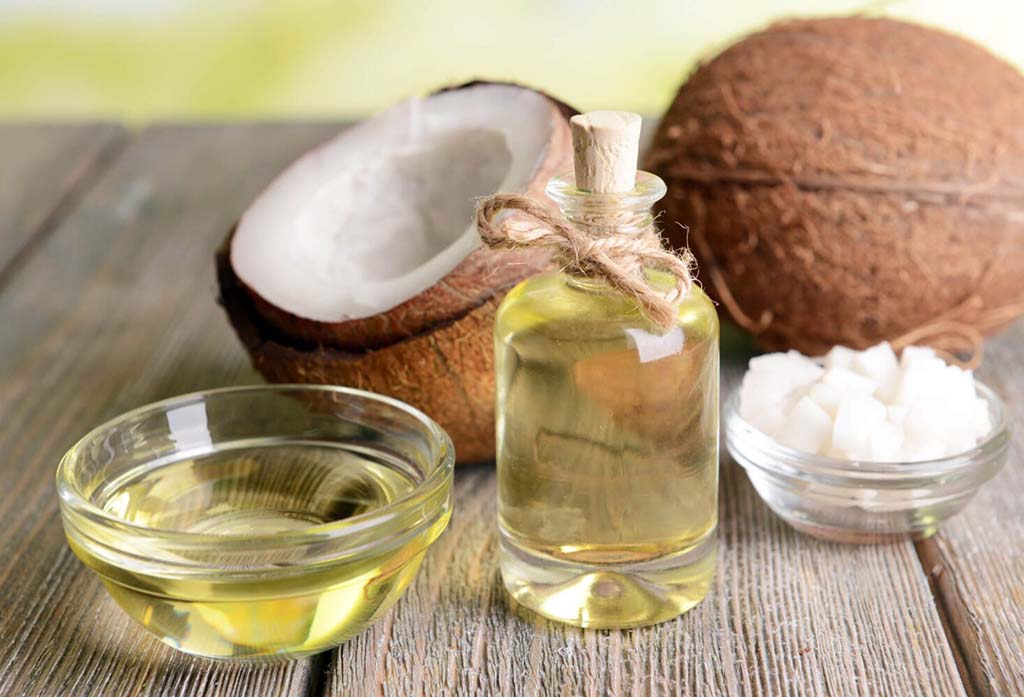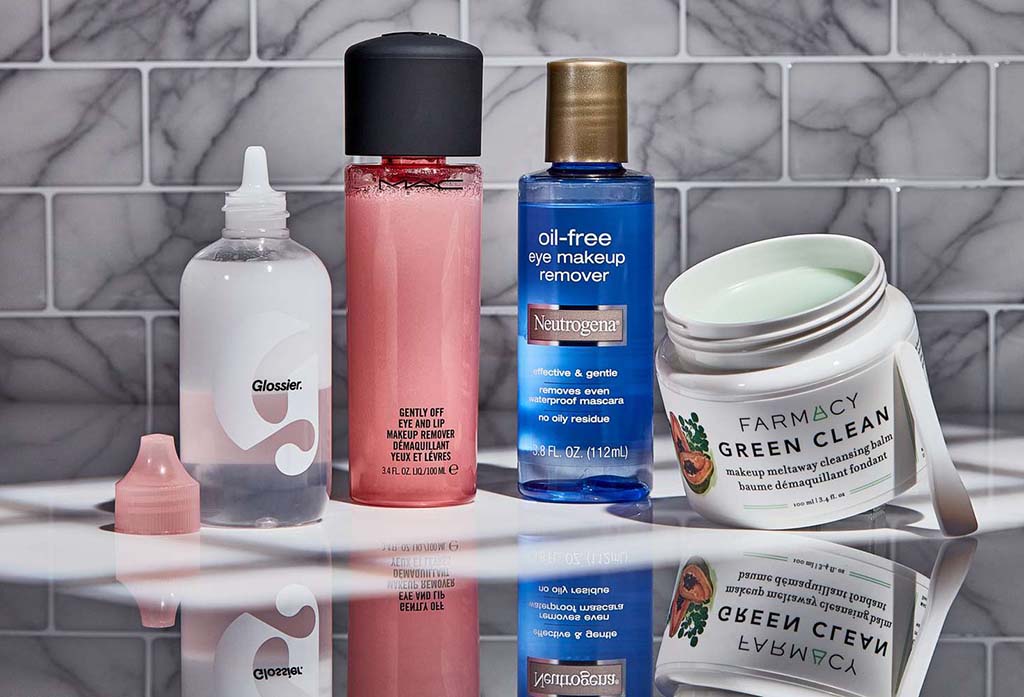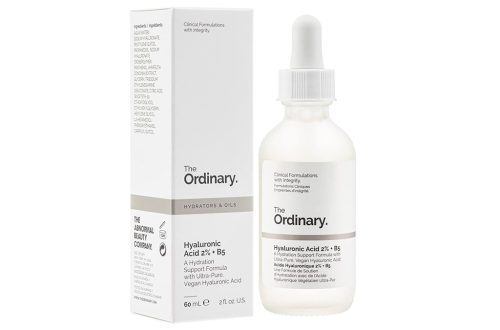
4 Ways to Use Coconut Oil in Your Beauty Routine
Coconut oil has become a staple in the beauty industry due to its versatile properties. Experts recommend incorporating it into your routine for various beauty needs. Here are effective ways to use coconut oil:
1. Makeup Remover
Gently apply coconut oil on a cotton pad to remove makeup effectively. It dissolves makeup while nourishing the skin.
Benefits of Using Coconut Oil as a Makeup Remover:
- Effective Makeup Removal: Coconut oil effectively breaks down makeup, including waterproof products, making it easier to wipe away.
- Nourishing Properties: It nourishes the skin while removing makeup, leaving it feeling soft and moisturized.
- Natural Ingredients: Compared to many commercial makeup removers, coconut oil is natural and free from harsh chemicals, making it suitable for sensitive skin types.
Precautions:
- Patch Test: Before using coconut oil on your face, perform a patch test on a small area to check for any adverse reactions.
- Avoid Contact with Eyes: While using coconut oil on the eyes, be cautious to prevent direct contact with the eyes to avoid irritation.
2. Facial Moisturizer
Use a small amount of coconut oil as a natural facial moisturizer. It hydrates the skin without clogging pores.
Moisturizing Benefits of Coconut Oil:
- Hydration: Coconut oil contains fatty acids that penetrate deeply into the skin, providing intense hydration. It helps to replenish moisture and combat dryness, making it especially beneficial for individuals with dry or dehydrated skin.
- Nourishment: The oil is rich in antioxidants and vitamins, such as vitamin E, which nourish the skin, promoting a healthy glow and assisting in repairing damaged skin cells.
- Barrier Function: Coconut oil can support the skin’s natural barrier function. It forms a protective layer on the skin, which helps to prevent moisture loss and shields against environmental stressors.
- Soothing Properties: For some individuals, coconut oil’s anti-inflammatory properties can soothe irritated or sensitive skin, reducing redness and discomfort.
Precautionary Measures:
- Patch Test: Before applying coconut oil to your face, conduct a patch test on a small area of your skin to check for any adverse reactions or allergies. Apply a small amount of coconut oil on the inner part of your wrist or behind your ear and wait for 24 hours to ensure there’s no irritation or redness.
- Suitability for Skin Type: Coconut oil is comedogenic, meaning it has the potential to clog pores for some individuals, especially those with oily or acne-prone skin. While it works well for many, it might not be suitable for everyone. If you have oily or acne-prone skin, it’s advisable to use coconut oil cautiously and in small quantities to avoid exacerbating breakouts.
- Use Moderately: When applying coconut oil as a facial moisturizer, less is often more. A small amount, warmed between your palms to melt it, is usually sufficient to cover your face and neck. Avoid using an excessive amount to prevent a greasy feeling or pore congestion.
- Time of Application: Some individuals might find coconut oil more beneficial as a nighttime moisturizer due to its richness, allowing it to work its hydrating magic while you sleep. For daytime use, consider applying a lighter moisturizer or using a smaller amount of coconut oil.
- Sun Protection: Coconut oil does not offer substantial sun protection. It’s recommended to apply sunscreen over moisturized skin during the daytime, especially if you’re using coconut oil as a moisturizer in the morning.
- Personal Sensitivity: Personal skin sensitivity varies. If you notice any signs of irritation, redness, or discomfort after using coconut oil, discontinue its use and consult a dermatologist.
3. Lip Balm
Apply coconut oil to dry or chapped lips to moisturize and soften them.
Benefits of Using Coconut Oil on Lips:
- Hydration: Coconut oil’s emollient properties help to hydrate and lock in moisture, preventing lips from becoming dry and cracked.
- Nourishment: Rich in fatty acids and antioxidants, coconut oil nourishes and revitalizes lips, keeping them soft and supple.
- Healing Properties: Coconut oil contains antimicrobial properties that can help soothe and heal minor irritations or small cracks on the lips.
How to Use Coconut Oil as a Lip Balm:
- Cleanse Lips: Before applying coconut oil, gently cleanse your lips with lukewarm water and a soft cloth to remove any dead skin or product buildup.
- Apply a Small Amount: Using clean fingertips or a lip brush, take a small amount of coconut oil from the jar. A little goes a long way, so use a small quantity initially to avoid excessive application.
- Spread Evenly: Gently massage the coconut oil onto your lips, ensuring even coverage. It’s beneficial to apply it generously before bedtime for overnight hydration.
- Reapplication: Reapply coconut oil as needed throughout the day, especially if you feel your lips becoming dry or chapped.
- Additional Tip: For an added boost of moisture, mix a small amount of coconut oil with sugar to create a DIY lip scrub. Gently exfoliate your lips with this mixture to remove dead skin cells before applying the coconut oil as a balm.
Precautionary Measures:
- Allergies or Sensitivities: Perform a patch test before using coconut oil extensively on your lips, especially if you have known allergies or sensitivities. Apply a small amount on a small patch of skin (like the inner arm) and wait for any adverse reactions for 24 hours.
- Avoid Excessive Application: While coconut oil is generally safe for most individuals, using too much can make lips feel overly greasy. Start with a small amount and adjust according to your preference.
- Individual Reactions: Discontinue use if you experience any adverse reactions such as itching, redness, or irritation after applying coconut oil to your lips.
- Temperature Consideration: Coconut oil has a low melting point, so it might liquefy in warmer temperatures. Store it in a cool place or refrigerator if needed to maintain a solid consistency.
4. Hair Conditioner

For deep conditioning, apply coconut oil to hair, focusing on the ends, and leave it on for 30 minutes before washing.
Benefits of Coconut Oil for Hair:
- Moisture Retention: Coconut oil’s molecular structure allows it to penetrate the hair shaft, helping to retain moisture and prevent protein loss from the hair strands.
- Nourishment: Rich in lauric acid and vitamins, coconut oil nourishes the scalp and hair follicles, promoting healthier and shinier hair.
- Strengthens Hair: Regular use of coconut oil can strengthen hair, reduce breakage, and protect against environmental damage.
How to Deep Condition Hair with Coconut Oil:
- Prepare the Oil: Use virgin coconut oil, warm a sufficient amount between your palms or place the oil container in warm water until it melts into a liquid consistency.
- Application: Start with dry or slightly damp hair. Section your hair and apply the liquid coconut oil mainly to the mid-lengths and ends, where hair tends to be drier and more prone to damage. Use more oil for thicker or longer hair.
- Massage and Distribution: Gently massage the oil into your hair, ensuring even distribution from the roots to the tips. Use a wide-tooth comb or your fingers to distribute the oil evenly and detangle your hair.
- Leave-In Time: Once applied, cover your hair with a shower cap or towel to create heat, allowing the oil to penetrate deeper into the hair shaft. Leave the coconut oil in your hair for at least 30 minutes. For an intensive treatment, leave it on overnight.
- Rinse and Wash: After the recommended duration, shampoo your hair thoroughly to remove the oil. You may need to shampoo twice to ensure all the oil is washed out. Follow with conditioner if desired.
- Frequency: Deep condition with coconut oil once a week or as needed based on your hair’s condition and moisture requirements.
Precautionary Measures:
- Amount of Oil: Use an appropriate amount of coconut oil. While it’s beneficial for moisturizing, excessive oil can make hair appear greasy or weigh it down.
- Avoid Scalp if Oily: Individuals with oily or easily weighed-down hair might want to avoid applying coconut oil directly to the scalp to prevent excess oiliness. Focus more on the mid-lengths and ends.
- Allergies or Sensitivities: Perform a patch test before using coconut oil extensively on your scalp or hair, especially if you have known allergies or sensitivities.
- Washing Out Thoroughly: Ensure the oil is completely washed out during shampooing to prevent residue buildup, which can make hair appear dull or greasy.
Recommended Products:

- Viva Naturals Organic Extra Virgin Coconut Oil: This organic, cold-pressed coconut oil is great for beauty routines and is available on Amazon.
- SheaMoisture 100% Virgin Coconut Oil Daily Hydration Body Lotion: For body care, try this hydrating lotion available on Ulta Beauty.
These methods utilizing coconut oil can enhance your beauty routine, promoting healthier skin, hair, and nails.
Remember, these are just brief suggestions for using coconut oil in beauty routines. You can expand on each point by providing detailed application methods, benefits, precautions, and more extensive product recommendations to meet the desired word count.




